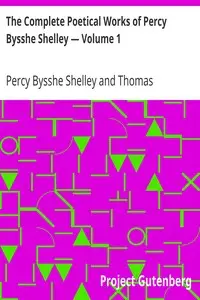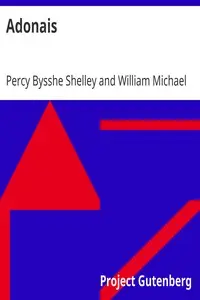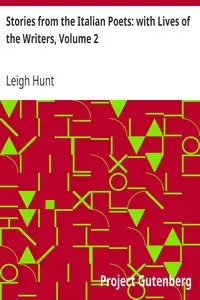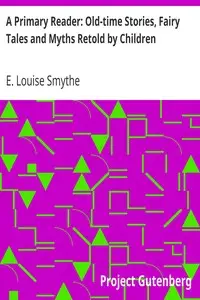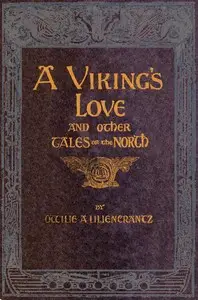** "The Witch of Atlas" by Percy Bysshe Shelley is a poem from the Romantic period that examines the influence of imagination, affection, and splendor. It tells of a captivating witch who lives on Mount Atlas, whose allure and sagacity draw a multitude of creatures. Her enchantment brings elation and can alter reality, yet she is burdened by the fleeting nature of existence. She helps human beings gain a better insight into affection and dreams. The narrative calls the reader to consider their goals, as well as the shifting aspects of all things. **

The Witch of Atlas
By Percy Bysshe Shelley
** Discover a world where a bewitching sorceress uses her gifts to reshape reality, teach profound lessons, and grapple with the bittersweet ache of mortality.
Summary
About the AuthorPercy Bysshe Shelley was an English writer who is considered one of the major English Romantic poets. A radical in his poetry as well as in his political and social views, Shelley did not achieve fame during his lifetime, but recognition of his achievements in poetry grew steadily following his death, and he became an important influence on subsequent generations of poets, including Robert Browning, Algernon Charles Swinburne, Thomas Hardy, and W. B. Yeats. American literary critic Harold Bloom describes him as "a superb craftsman, a lyric poet without rival, and surely one of the most advanced sceptical intellects ever to write a poem."
Percy Bysshe Shelley was an English writer who is considered one of the major English Romantic poets. A radical in his poetry as well as in his political and social views, Shelley did not achieve fame during his lifetime, but recognition of his achievements in poetry grew steadily following his death, and he became an important influence on subsequent generations of poets, including Robert Browning, Algernon Charles Swinburne, Thomas Hardy, and W. B. Yeats. American literary critic Harold Bloom describes him as "a superb craftsman, a lyric poet without rival, and surely one of the most advanced sceptical intellects ever to write a poem."

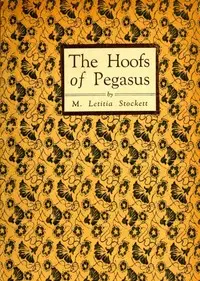
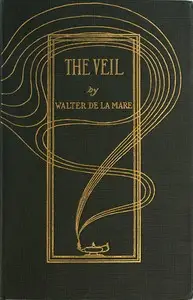

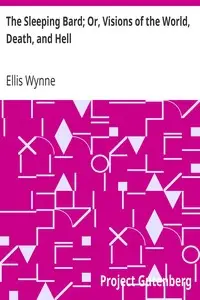
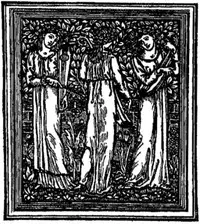


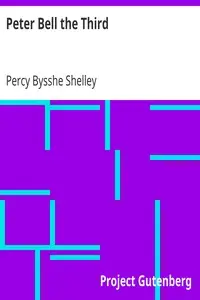

![The Prose Works of Percy Bysshe Shelley, Vol. 1 [of 2] by Percy Bysshe Shelley](https://cdn.a2-host.cloud/Mj1FeLags-X4KjNGmLV22-gllqKOcsvwDOz1w2-8-q0/rs:fill:215:325:0/g:ce/aHR0cHM6Ly9zcC1hc3NldHMuczMudXMtd2VzdC0wMDQuYmFja2JsYXplYjIuY29tL2Jvb2svNjc5MjUvVGhlX1Byb3NlX1dvcmtzX29mX1BlcmN5X0J5c3NoZV9TaGVsbGV5X1ZvbF8xX29mXzJfY292ZXIuanBn.webp)
